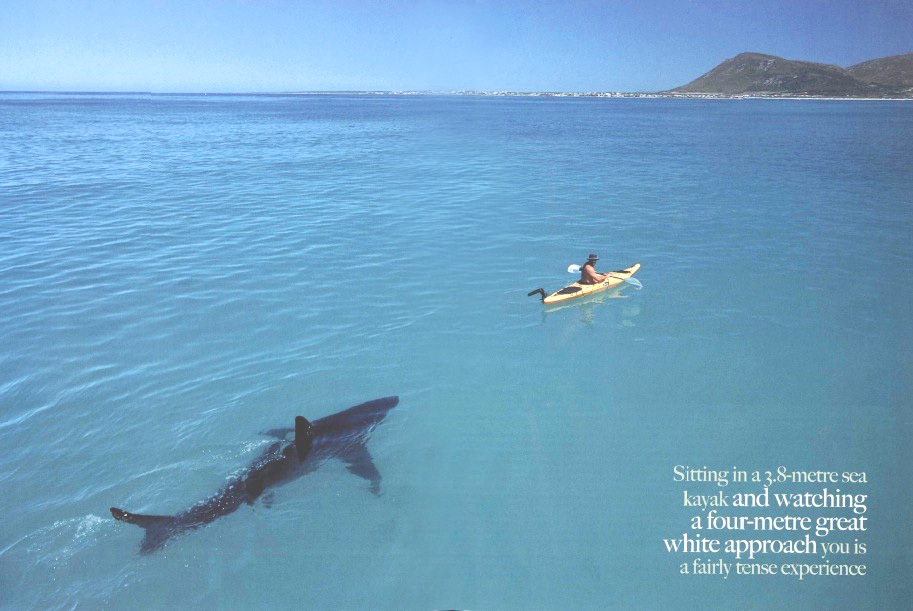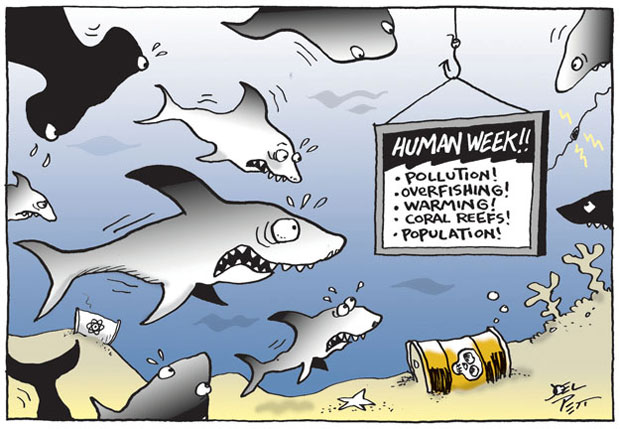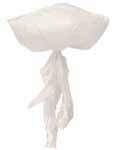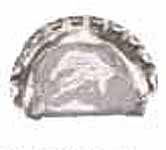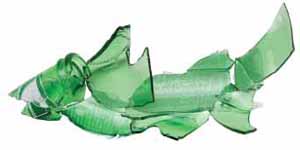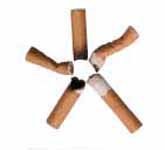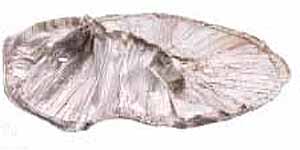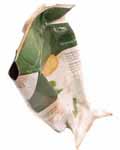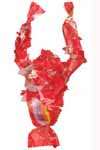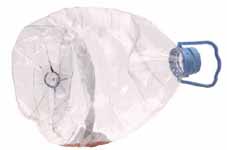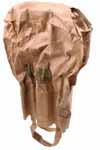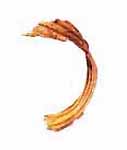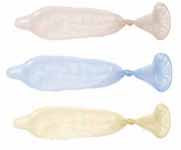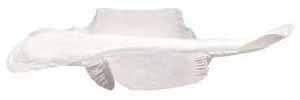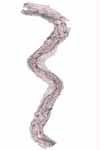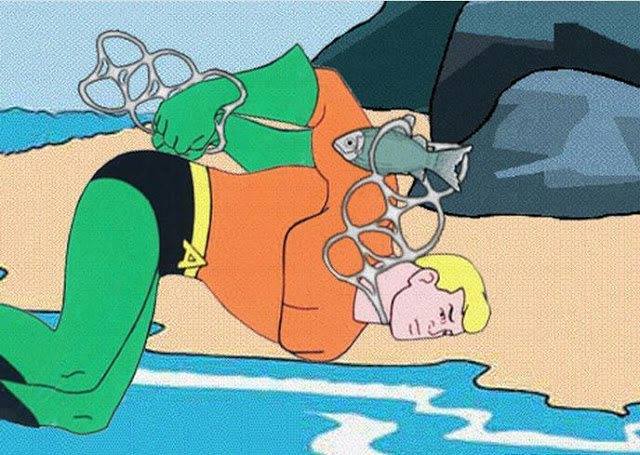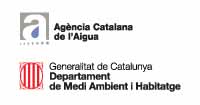Lurking in the oceans are creatures far deadlier than sharks. You encounter them every day, yet you don’t know they are silently killing you. How will you react when you next see these killers? Will you make a choice to step away? Our choices today make a difference tomorrow.
As we are at the top of the food chain, we are eating these deadly species and taking in their toxins. Here is a guide to 18 of the most deadly, and common, creatures in our ocean.
Origin: Beaches, streets, boats and in the wind
Behaviour: Uses the wind to access the ocean where it mimics the jellyfish so it can be eaten by other creatures. It then suffocates them or poisons them
Average lifespan: 10-20 years before it breaks into smaller pieces where it will last forever
Origin: Beaches, city streets and boats
Behaviour: Causes serious damage to marine flora and fauna
Average lifespan: 300-500 years
Origin: City Streets, beaches and boats
Behaviour: Causes cuts and lesions on marine fauna and swimmers
Average lifespan: 200-500 years
Origin: City Streets, Beaches and boats
Behaviour: Cause digestive problems in marine fauna
Average lifespan: 300 years
Origin: City streets, beaches and boats
Behaviour: Causes cuts and serious injury to swimmers and other marine creatures
Average lifespan: Thousands of years
Origin: Toilets, beaches, gullies and city streets
Behaviour: Impedes the digestion of certain animals
Average Lifespan: Cigarette 1-5 years, Filter 100 years
Origin: City streets, gullies and boats
Behaviour: Expels toxic liquids into the water or animals to get poisoned from
Average Lifespan: Thousands of years
Origin: Beaches and boats
Behaviour: Has an abrasive effect on creatures living on the ocean floor
Average lifespan: 10 years
Origin: Beaches and city streets
Behaviour: Has an abrasive effect on organisms living on the sea bed.
Average Lifespan: 25-50 years
Origin: Beaches and city streets
Behaviour: Causes serious harm to marine flora and fauna
Average Lifespan: 20-30 years
Origin: Beaches, city streets and gullies
Behaviour: Can be ingested by animals causing serious poisoning. Will eventually break into smaller pieces so it can spread its poison to smaller creatures
Average lifespan: 400-600 years
Origin: Streets, beaches and boats
Behaviour: Has a serious effect on the digestive system of many creatures
Average Lifespan: 4 weeks
Origin: Factories and city streets
Behaviour: Can be eaten by other animals poisoning them
Average Lifespan: Hundreds of years depending on quality
Origin: Streets, beaches and boats
Behaviour: entraps unsuspecting creatures causing them serious injury or death
Average Lifespan: 400 years
Origin: Toilets and beaches
Behaviour: Get ingested by other creatures causing digestive problems. Stops reproduction in some cases.
Average lifespan: 30 years
Origin: Boats or oil rigs
Behaviour: Like to smother creatures and environments. It’s toxicity destroys food sources of other creatures
Average Lifespan: Depends on the quantity discharged
The Sanitary Pad
Origin: Beaches, toilets and boats
Behaviour: Impedes the proper digestion of animals that digest them
Average lifespan: 25 years
Origin: Beaches, streets and gullies
Behaviour: Can envelope certain creatures, preventing them from feeding
Average Lifespan: years
All around the world, 8 million tonnes of waste reaches the ocean every day. All of it created by humans. This rubbish is thrown into our toilets, onto the streets, into the gullies, onto the sand and into the sea, turning it into a tangible destroyer of marine life. Every time you shop, you have a choice of what to buy and what packaging it is in. What’s your choice for tomorrows generation?
Don’t get caught by your own habits.
Images courtesy of:
